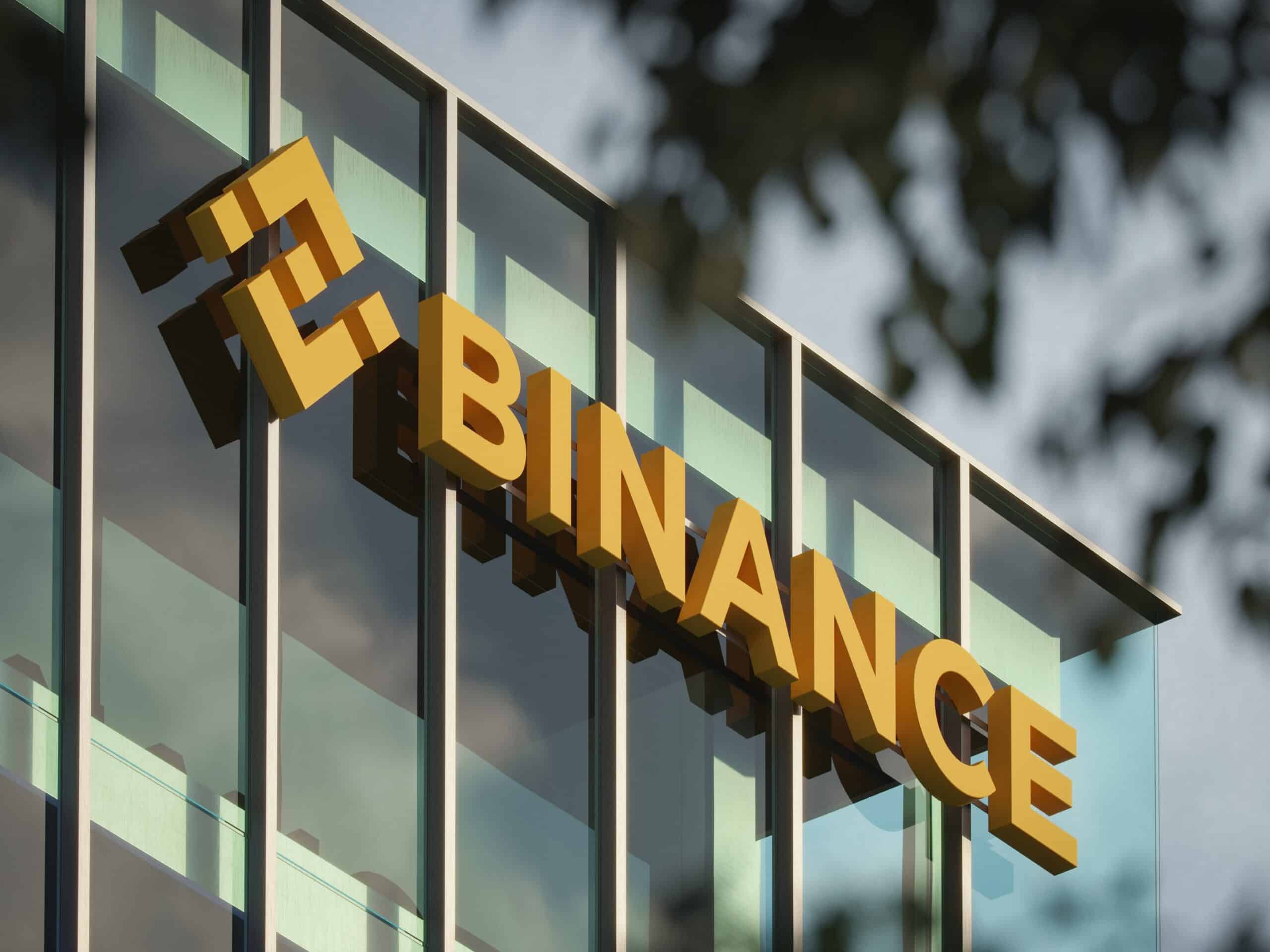Judge Richard Jones has accepted former Binance CEO Changpeng Zhao’s guilty plea to money laundering allegations, but is yet to determine whether he can leave the U.S. before his sentencing hearing in February.
“This Court, having considered the Report and Recommendation of the United States Magistrate Judge, to which there has no timely objection […] accepts the plea of guilty of the defendant,” wrote Judge Jones in a Dec. 6 filing.
“The defendant is adjudged guilty of such offense.”
Prosecutors at the U.S. Department of Justice (DOJ) charged Binance and Zhao with violating the Bank Secrecy Act (BSA), alleging that under Zhao’s direction, the exchange failed to uphold sanctions and broke money transmitting laws.
As part of a settlement deal with prosecutors, Binance paid a $4.3 billion fine, with Zhao personally paying $50 million and agreeing to step down from his role as CEO of Binance.
The Binance founder was released from custody on a $175 million personal recognizable bond in November, with the initial terms of his release allowing him to return home to the United Arab Emirates (UAE) until his Feb. 23 sentencing date next year.
After prosecutors opposed these terms, however, Judge Jones ruled that Zhao would not be permitted to leave the U.S. until the court resolves the government’s motion for review, in which they argued that Zhao posed a “flight risk.” Zhao’s attorneys countered the government’s motion with their own, stating that Zhao had demonstrated he did not intend to flee given that he voluntarily flew to the U.S. to self-surrender and plead guilty.
Meanwhile, Binance’s new CEO Richard Teng became the subject of controversy on Tuesday, when he seemingly evaded a Financial Times journalist’s questions about Binance’s global headquarters and whether the company would undergo an audit.
“Why do you feel so entitled to those answers … Is there a need for us to share all of this information publicly? No,” said Teng in a video interview with FT.
Teng eventually disclosed that Binance had submitted to audits in the locations in which it is regulated and that its European headquarters were in France, while its Middle East headquarters were in Dubai. He said the company’s global headquarters would be made public “as and when it’s appropriate.”



